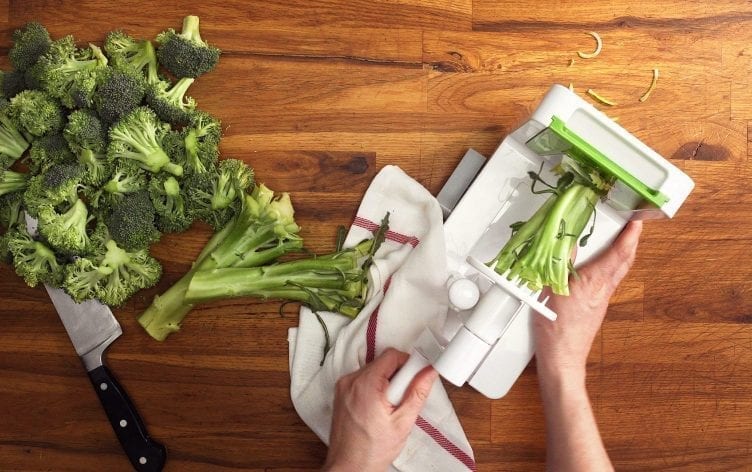
If you want the needle on the scale to move, it might be helpful to steer clear of meat, eggs and dairy products. Adopting a vegan diet helped overweight participants lose weight and fat mass and decrease insulin resistance, according to a 16-week study published in the journal Nutrition and Diabetes.
THE ROLE OF GUT HORMONES
Researcher Dr. Hana Kahleová, PhD, director of clinical research for the Physicians Committee for Responsible Medicine, believes following a diet with no animal products and minimizing added oils led participants to eat more vegetables, fruits, grains and legumes — foods that promote weight loss. In particular, “the fiber present in plant-based foods promotes satiety and plays an important role in weight management,” she explains.
Kahleová was the co-author of a 2019 study that compared the impact of two meals with the same number of calories and macronutrients and found men who ate a tofu-based meal had healthier gut hormones and felt more satiated than those who ate a meal of processed meat and cheese. “[A] vegan diet results in changes in the gut microbiome, with all the positive metabolic consequences, including enhanced insulin sensitivity [which research shows is important for successful, long-term weight loss],” says Kahleová.
BUT NOT ALL VEGAN DIETS ARE HEALTHY
It’s important to note that a diet filled with foods such as white bread, granola bars and veggie chips would technically be considered vegan. However, these foods are often high in calories and lack many nutrients that keep the body healthy. If smart food choices aren’t made, it’s easy for vegan diets to be high in fat and deficient in vitamin B12, calcium, iron and protein, says Nancy Z. Farrell Allen, MS, RD, spokesperson for the Academy of Nutrition and Dietetics.
THE BOTTOM LINE
Whether you’re just making the transition to a vegan diet or have been following a plant-based diet for a long time and wonder whether you’re getting all the nutrients you need, Farrell Allen suggests making an appointment with a registered dietitian. She also suggests eating lots of fresh fruits and vegetables, beans, legumes, lentils, whole grains (such as oats, bulgur and cornmeal), nuts, nut butters, seeds and olive oil or other healthy fats.
